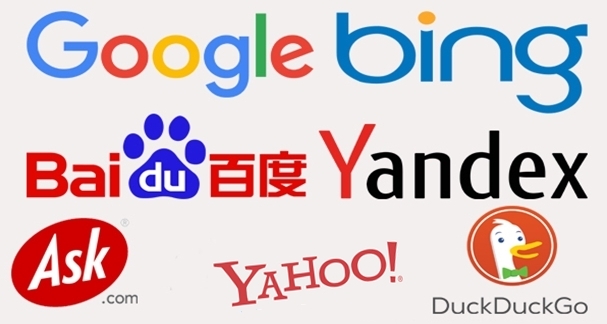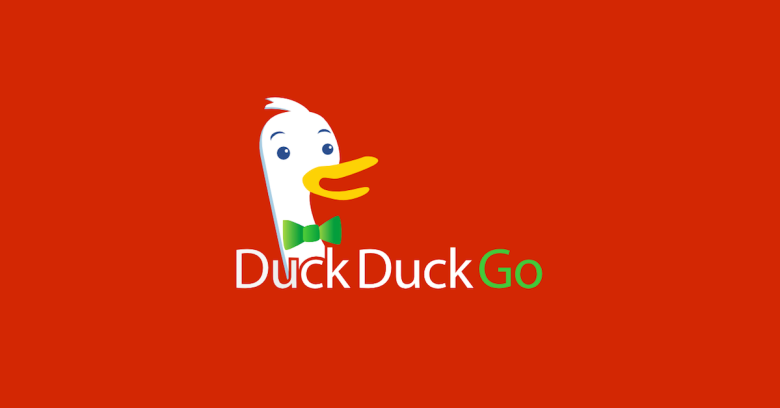Android users in Europe will see something unusual when setting up their new phones for the first time: the option to pick a default search engine that isn’t Google. Google will soon start offering Android users alternatives to its own search engine in the form of a choice screen that will appear on their phones.
The “choice screen” is being introduced by Google following an antitrust ruling from the European Union last March. Google was fined a record $5 billion by EU regulators, who said the company had to stop “illegally tying” its search engine and browser to its mobile OS. As a result, Google has done a blind auction for three alternative search engines in each market.
EDITOR’S PICK: Top 10 coolest products of CES 2020

In this blind auction, search providers that met Google’s criteria provide “the price that they are willing to pay each time a user selects them from the choice screen in the given country.” A minimum bid was set for each country and the three highest bidders for each market will appear during setup on Android phones in that country.
As a result, DuckDuckGo will be one of three alternative search engines offered by Google during new Android phone setups in every European country, while Bing will be an option only in the U.K. However, given that this was a closed auction process, it’s difficult to know which search providers applied for inclusion in which markets. You can see the full list here.

This auction hasn’t gone without its fair share of critcism however. Search engine Ecosia, which uses its profits to plant trees in areas of deforestation, told BBC News it had boycotted the process altogether. Chief executive Christian Kroll said: “We believe this auction is at odds with the spirit of the July 2018 EU Commission ruling.
“Internet users deserve a free choice over which search engine they use and the response of Google with this auction is an affront to our right to a free, open and federated internet. Why is Google able to pick and choose who gets default status on Android?”

Ecosia is also already planning to raise its concerns with European regulators. “Now that this process has come to a conclusion, we’ll raise our broader concerns over Google’s monopolistic behaviour with European Union legislators — we’ll also look at other ways to work with regulators to challenge this result,” claimed Kroll.
UP NEXT: MediaTek Dimensity 800 with integrated 5G modem for low priced phones announced
(Source)



